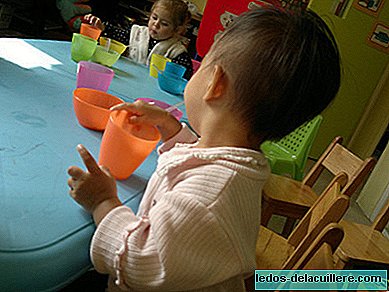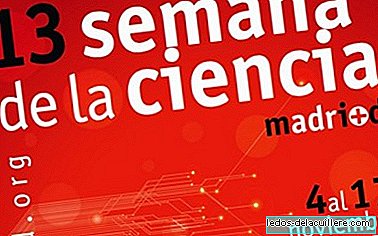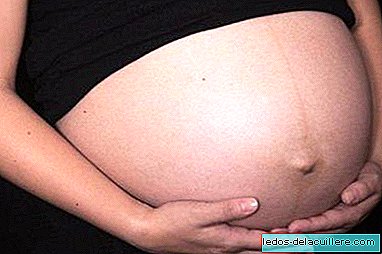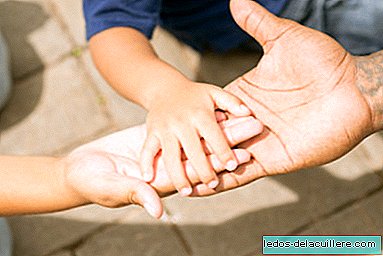
Children with epilepsy, as we have seen throughout these last days, have a higher risk of presenting some kind of alteration or problem in their cognitive abilities. Therefore, we believe it is interesting, before talking about the different types of treatments that we can find, how childhood epilepsy influences child development.
We all know that the childhood stage is a very important time for the brain connections that allow us to acquire new learning, so the appearance of any of the different types of childhood epilepsy can alter and compromise cognitive processes, which will trigger that The child can reach learning problems, school failure and / or misfits in the environment.
However, we always have to keep in mind that every child is a world and not all cases of epilepsy are going to deal with these difficulties; It can be a child without any problem, neither cognitive nor emotional, or it can present different types of alterations as a consequence of crises.
There are three main factors that make children who have epilepsy see their cognitive performance more compromised: the consequences that come from epilepsy itself, the alterations that could exist before the onset of epileptic seizures, and the possible side effects produced by medication.
Most children with epilepsy usually have a cognitive ability within normality, although it is true that it is usually more common to have a somewhat lower intellectual capacity in relation to boys and girls without any problem. But more important than intellectual capacity is the presence of some kind of alteration At the level of attention, speed of information processing, memory, psychomotor skills or language (these are the most affected areas in cases of childhood epilepsy).
Attention issues It is one of the most frequent alterations in childhood epilepsy, both for the disease itself and for the medication used to prevent seizures. Likewise, the memory It is also altered in these children, showing more difficulties in remembering recent information, making it difficult for the child to acquire new learning correctly.
Psychomotor skills of these children is usually represented by a slower response to the different actions that can be performed, greatly increasing reaction times, and the language It is also altered, since they speak in a much slower way than usual, as well as slowness in articulating the different phonemes. On the other hand, only in severe cases appear important language alterations, such as dysphasia.
It is important to emphasize that the risk of an epileptic child having problems in their cognitive development is closely related to a series of factors that act together. The first of these factors is the origin of epilepsy, since those that have a known cause are at greater risk of producing some type of deterioration.
Another of the factors that condition cognitive impairment in childhood epilepsy is the age, being those that appear earlier those that cause the most damage, among several things because the formation of the connections is more affected or because the appearance of the crises can cause the child to have to miss the school environment for a long time.
He duration of illness It also influences, since the longer it lasts, the more likely it is that some type of cognitive impairment or deterioration will appear because a greater part of the brain is injured, in turn needing a more intensive treatment that also influences.
The frequency and type of crisis They are two of the factors that are also involved in the possible cognitive impairment. Generalized crises and complex crises tend to cause further damage; Likewise, the greater the number of crises, the greater the risk of problems in the development of cognitive abilities.
Finally the location of the epileptic focus It influences the cognitive development of the child, being those located in the frontal lobe (in the anterior part of the brain) the most frequent of partial epilepsies.
A controversial factor is that of pharmacological treatments of childhood epilepsy because, although medications are intended to improve the quality of life of children with this disease, the first therapeutic action to control crises has been directly related to an increase in risk of presenting difficulties and cognitive disorders.
This is because these medications have a sedative effect on the child's nervous system, thereby compromising certain cognitive processes (especially those related to attention and memory). However, research is currently under way to perform antiepileptic drugs that, by administering them at controlled and adequate levels, reduce the risk of altering the child's cognitive abilities. The thing to keep in mind is that regardless of the drug, the dose influences the risk of deterioration.
We have already seen how childhood epilepsy influences child development, so we can start talking soon about the different types of treatment. However, we must emphasize that treatment is only truly effective when the interaction of personal and social factors is taken into account.












